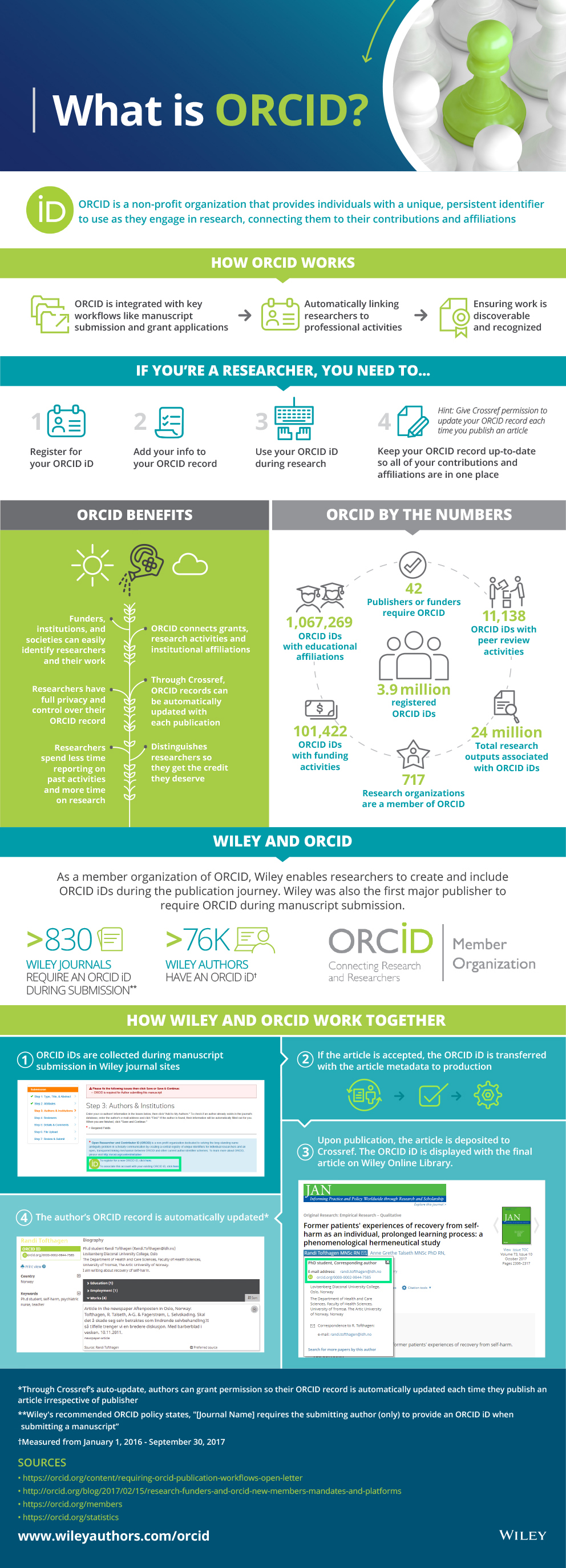what-happens-at-a-peer-review-workshop
September 17, 2019
A key factor in helping improve quality in peer review is ensuring there is adequate training and resources available for new peer reviewers. On June 21, 2019, Sense about Science held a free workshop on peer review for early career researchers in London, as part of their ongoing peer review initiatives. Laura Chatland, a Research Officer at Marie Curie, shares her experience below.
Sense about Science’s Peer Review: the nuts and bolts workshops, supported by their free guide, are an opportunity for early career researchers (ECRs) to share their experiences of the peer review process, from the perspective of having work peer-reviewed and being a peer reviewer themselves. You can download the free guide to peer review here!
The workshop is a rare occasion, bringing together ECRs and a panel of professionals from scholarly publishing – from peer reviewers to academic editors and publishing specialists. I attended the June 21, 2019 workshop in London, where the panel included Pete Chapman, managing editor of Women’s Health, Dr Elisa de Ranieri, editor-in-chief of Nature Communications, Professor Eamonn Carrabine, professor of sociology at the University of Essex, and Dr. Bahar Mehmani, Reviewer Experience Lead at Elsevier.
Involving ECRs at this early stage of their careers is a way to instil in them the importance of the peer review process, to get their views on the challenges and future of peer review, and to understand how peer review serves as a tool for the public to evaluate claims they come across in their daily lives. It provides an opportunity to engage directly with professionals managing the peer review process and ask questions of the process to experts in the field.
What I Learned About Peer Review
The workshop was interesting for me, coming from a slightly different perspective in my role as a Research Officer within the Research Management team at Marie Curie. Our team is responsible for administering the peer review process on grant applications we’ve received from researchers before they are considered for research funding. The workshop provided me with an understanding of some of the issues with peer review that may help us to streamline our processes in the future.
Despite the clear need for peer review in research, there are some flaws with the process. Attendees commonly reported that there is a lack of recognition for reviewers who take part in the peer review process. They often never hear back from the editorial office about whether a paper was accepted for publication or not, which can be disheartening as you are unsure whether your comments were taken on board or not.
Another common issue is that supervisors and principal investigators often outsource their peer review requests to ECRs, but the comments are still submitted by the supervisor themselves and the ECR receives no recognition. The panel agreed that outsourcing peer review was a common complaint and that they are open to supervisors working with another staff member on the review but encouraged transparency around this to ensure their contribution is acknowledged.
Time was an additional issue for ECRs who had experience of being asked to complete peer reviews. The process is often long and slow, although it was agreed that the reviewing process should not be rushed. Those attendees who had their own papers peer-reviewed were concerned about the lack of feedback for many months. Editors encouraged reviewers to contact them if they are struggling for time or have not heard back about their papers.
An issue from the publisher perspective was conflict of interest avoidance. Having just assisted in Marie Curie’s peer review selection process, I know it is often impossible to identify all potential conflicts, and there is reliance on reviewers to report any conflicts. The panel advised that authors should keep this in mind when submitting papers for publication, trying not to suggest anyone they have worked with.
An interesting point was also made about bias, and a discussion followed about how bias is reduced as much as possible within the review process, seeking peer reviewers of different genders and ethnicities and from different countries as much as possible. This is a difficult task for editors to achieve without collecting demographic data from reviewers, although recognizing the existence of bias is a step in the right direction.
Overall, it was agreed that peer review has an important purpose as a quality control measure for research and to provide society with confidence that only high-quality, valid, and reliable research is published, but changes are needed to streamline the process.
As a part of their efforts, Sense About Science is running another Peer Review: the nuts & bolts workshop at Glasgow Caledonian University on Friday, 18th October. Keep an eye out for opportunities to attend these workshops throughout the year by signing up to Sense about Science’s Voice of Young Science network. Join now and don't miss out on the opportunity to find out about research quality, the peer review process, and how you can get involved.










